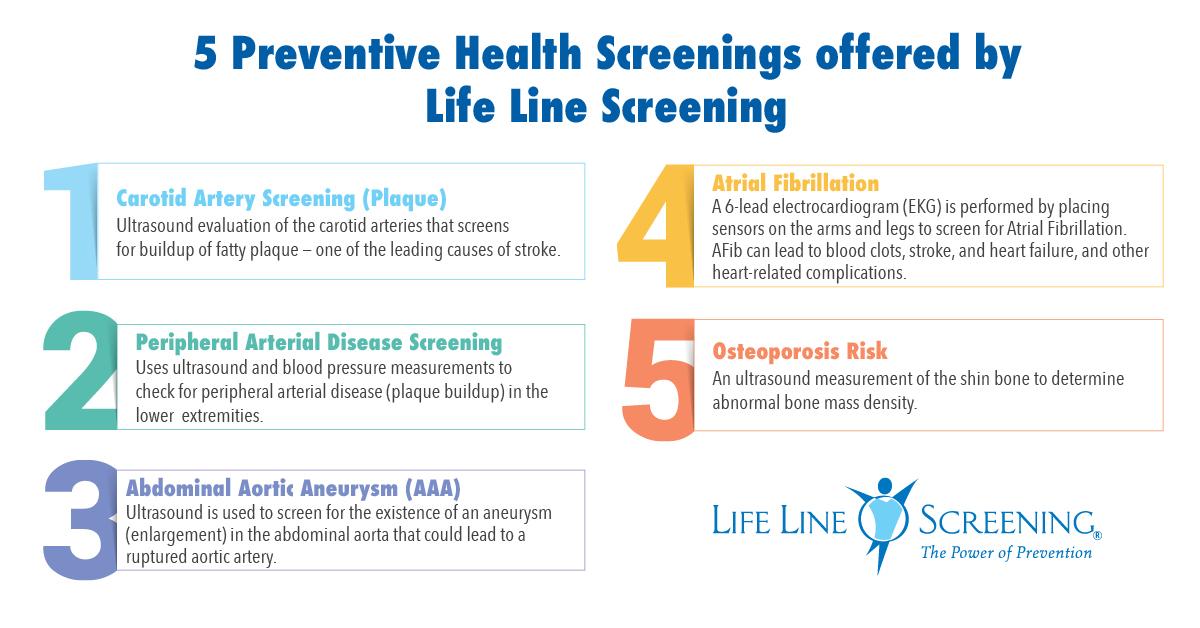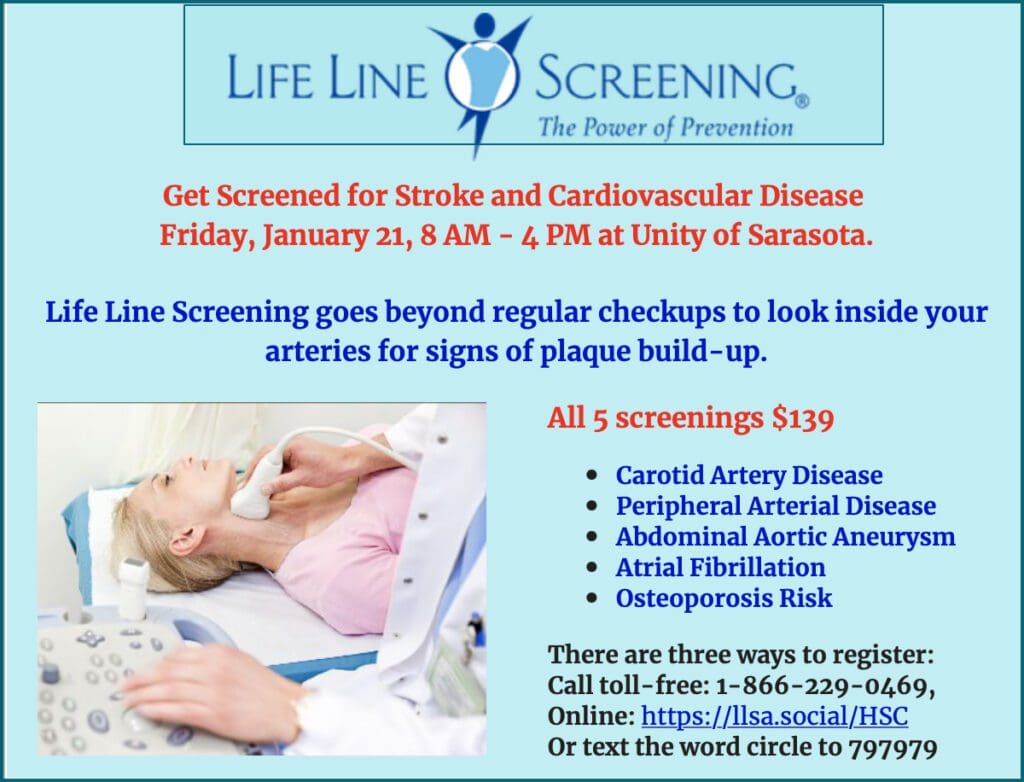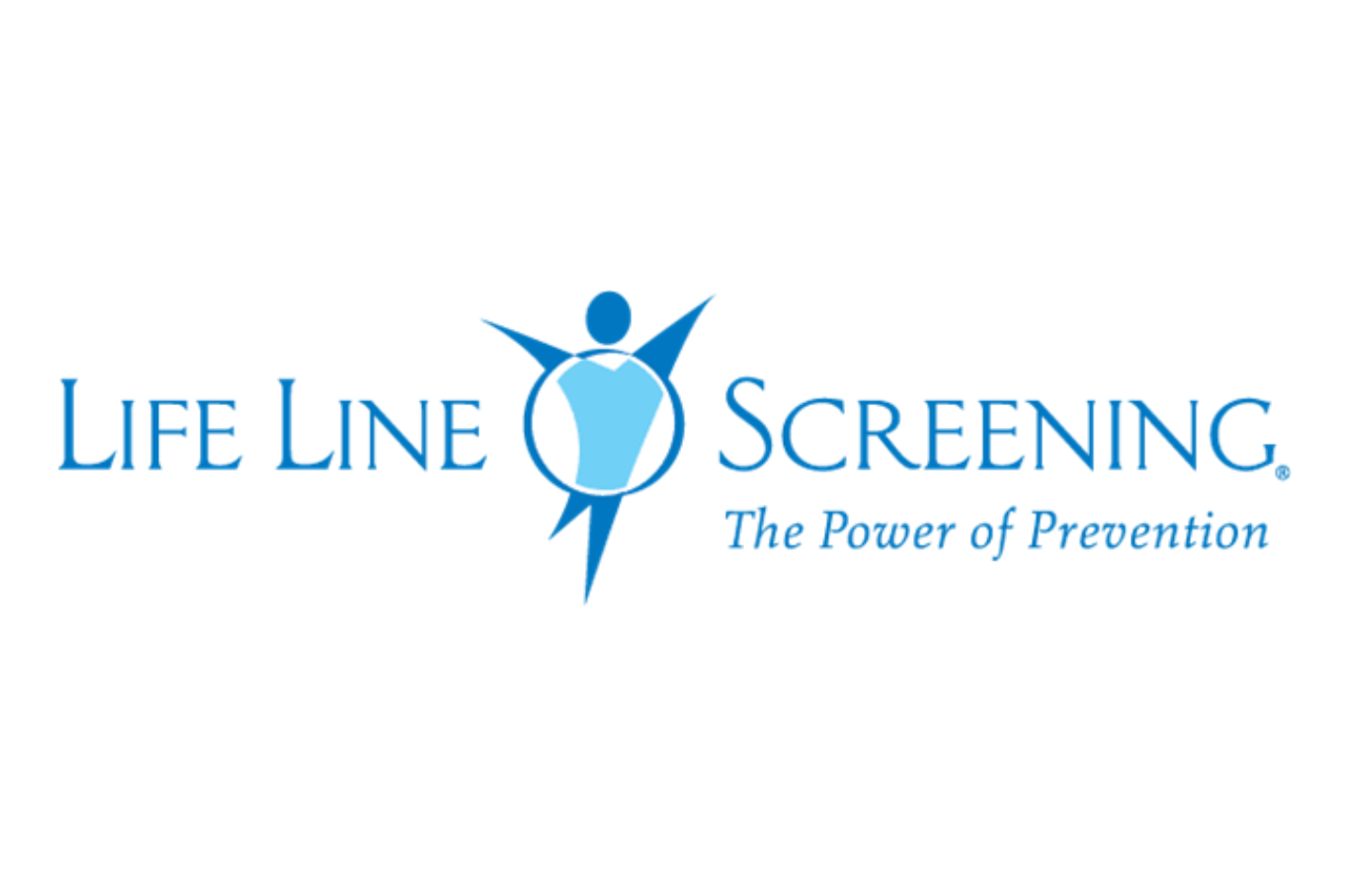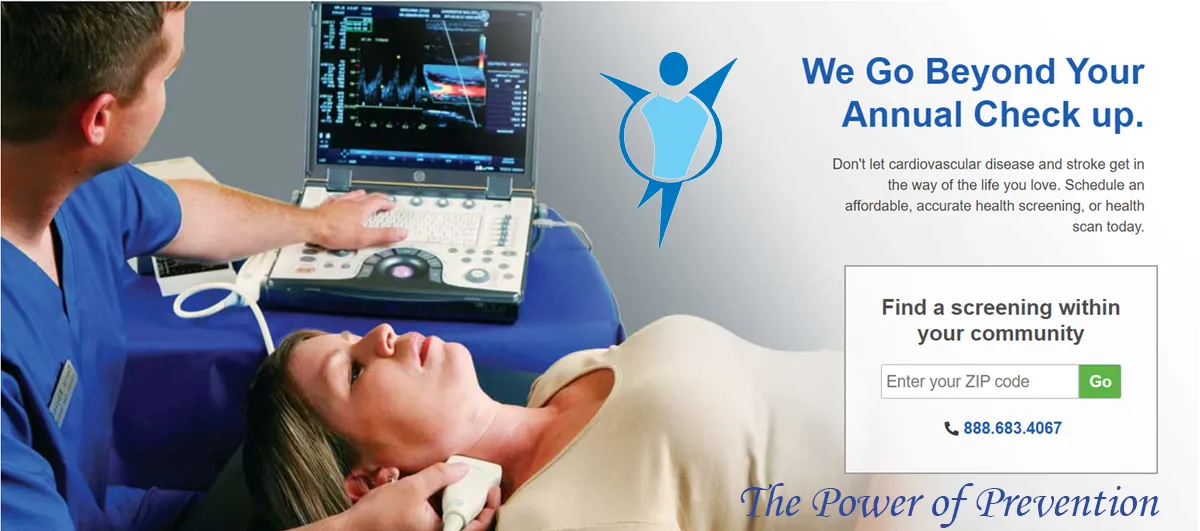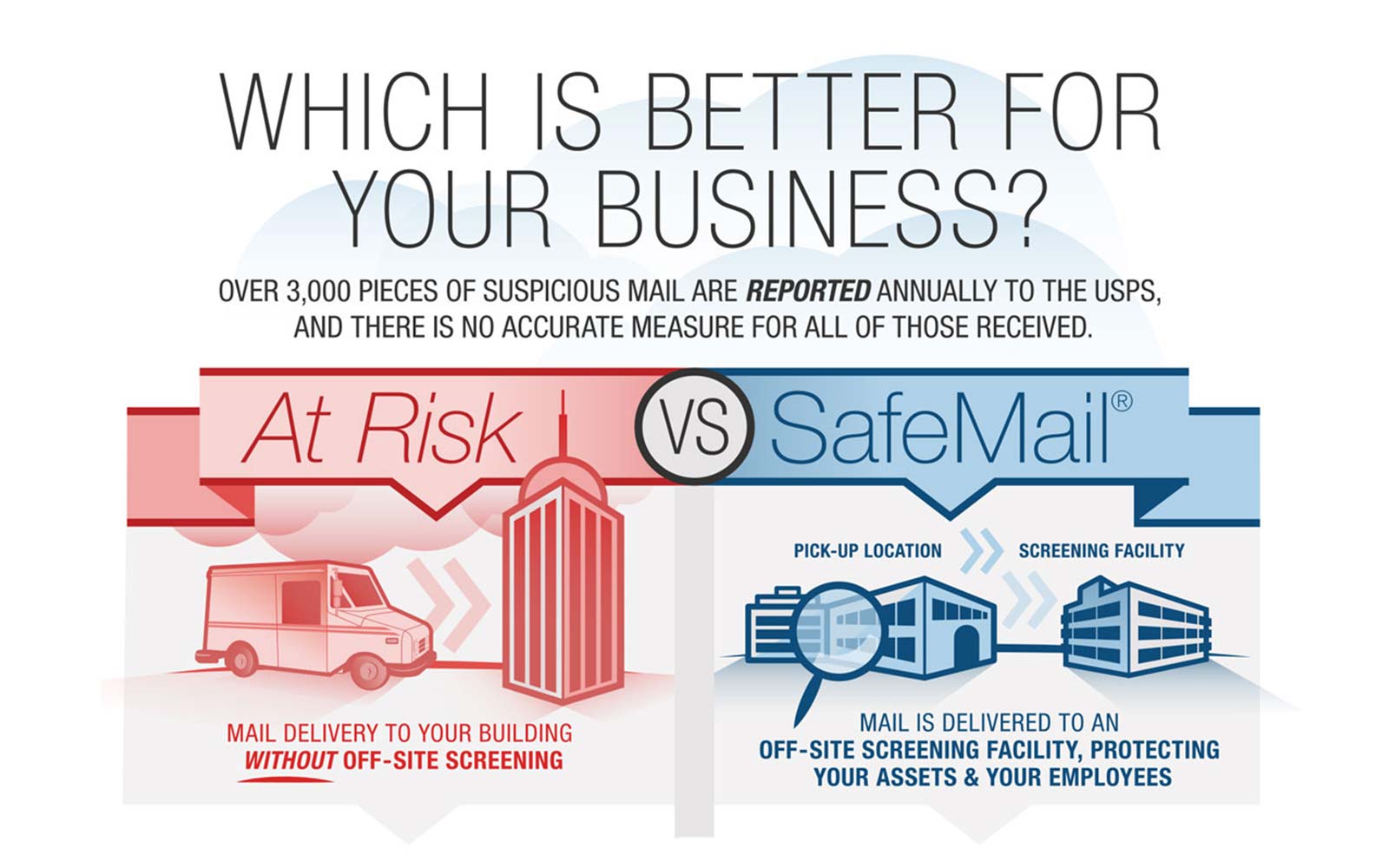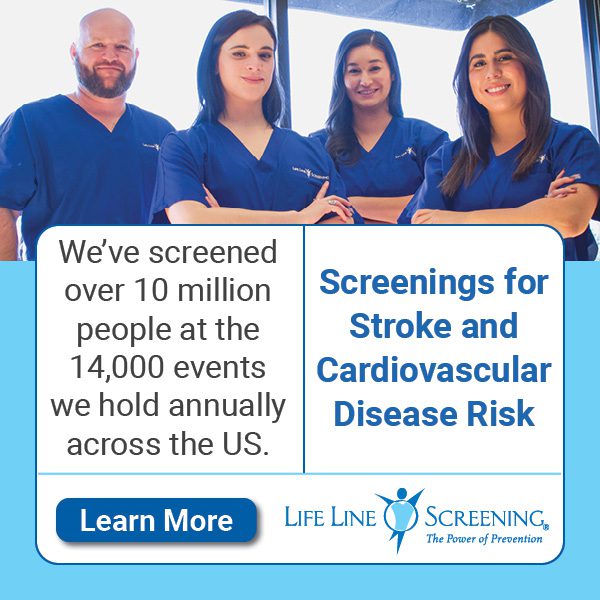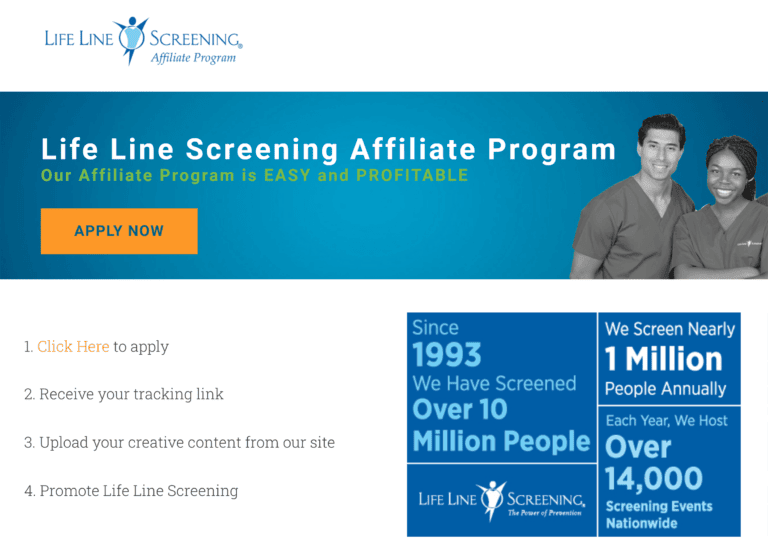Is Life Line Screening A Hoax

Mobile health screening companies, promising early detection of serious conditions, have become a regular fixture in community centers and churches across the nation. Among the most prominent is Life Line Screening, offering a suite of tests for heart disease, stroke risk, and other ailments at a fraction of the cost of traditional medical settings. But are these screenings truly a valuable health service, or do they prey on public anxieties with potentially misleading results?
At the heart of the debate surrounding Life Line Screening is the question of accuracy and appropriateness. While the company claims to provide valuable early detection, critics argue their screenings generate a high rate of false positives, leading to unnecessary anxiety, further expensive testing, and potentially even invasive procedures. This raises serious ethical questions about the balance between preventative care and the potential for patient harm.
What is Life Line Screening?
Life Line Screening is a for-profit company that provides mobile health screenings at various community locations. These screenings typically include ultrasound tests for carotid artery disease, abdominal aortic aneurysms, peripheral arterial disease, and osteoporosis assessments.
The company promotes these services as a convenient and affordable way for individuals to proactively monitor their health and identify potential risks. Screenings are often marketed directly to consumers, bypassing the traditional doctor-patient relationship.
Concerns and Criticisms
The primary criticism leveled against Life Line Screening centers on the validity and appropriateness of their screenings. Many medical professionals argue that the tests offered are not always the most effective or accurate methods for detecting the conditions they claim to identify.
For example, screening for carotid artery stenosis in individuals without symptoms is not generally recommended by medical guidelines. The U.S. Preventive Services Task Force (USPSTF) has stated that there is insufficient evidence to recommend for or against routine screening for carotid artery stenosis in asymptomatic adults.
Furthermore, critics argue the environment in which these screenings are conducted – often temporary setups in community centers – may not allow for optimal image quality or interpretation. This can lead to inaccurate results and unnecessary follow-up testing.
False Positives and Overdiagnosis
One of the most significant concerns is the potential for false positive results. A false positive occurs when a screening test indicates the presence of a condition that is, in reality, not present.
This can lead to considerable anxiety for patients, as well as the cost and risk associated with further diagnostic testing to confirm or rule out the initial finding. The worry and stress can take a toll on an individual’s emotional well-being.
Another related concern is overdiagnosis, which occurs when a screening test identifies a condition that would never have caused symptoms or health problems during a person's lifetime. Identifying and treating these conditions can lead to unnecessary interventions and potential harm.
Life Line Screening's Response
Life Line Screening defends its services by emphasizing the importance of early detection and preventative care. The company argues that its screenings provide individuals with valuable information that can empower them to make informed decisions about their health.
They state that their technicians are highly trained and certified, and that their screening protocols adhere to established medical guidelines. Furthermore, the company asserts that it encourages individuals to discuss their screening results with their primary care physicians for appropriate follow-up.
Life Line Screening also highlights the affordability and accessibility of its services, arguing that it provides an important option for individuals who may not have regular access to healthcare. The tests offered are less expensive than they would be at a hospital or clinic.
Regulatory Scrutiny and Legal Issues
Life Line Screening has faced regulatory scrutiny and legal challenges over the years. Several states have investigated the company's marketing practices and the accuracy of its screenings.
In 2013, the company reached a settlement with the U.S. Department of Justice over allegations that it violated the False Claims Act by billing Medicare for ineligible services. The company paid a settlement of over $5.6 million.
These legal actions underscore the importance of ensuring that mobile health screening companies adhere to high standards of quality and accuracy.
The Role of Informed Consent and Patient Education
A key factor in determining the value of Life Line Screening is the issue of informed consent and patient education. Individuals considering these screenings need to be fully informed about the potential benefits and risks involved.
This includes understanding the limitations of the screening tests, the possibility of false positive results, and the importance of discussing results with a healthcare provider. Patients should also be aware that screening is not a substitute for regular medical checkups.
Healthcare providers play a crucial role in helping patients interpret screening results and make informed decisions about their health. Open communication between patients and doctors is essential to ensure that screenings are used appropriately and effectively.
Conclusion: Proceed with Caution
While Life Line Screening offers a convenient and affordable option for some individuals seeking to proactively monitor their health, potential customers need to approach their services with caution. The possibility of false positives, the lack of comprehensive medical context, and the limitations of the screening environment are important considerations.
Ultimately, the decision to undergo screenings offered by Life Line Screening should be made in consultation with a healthcare provider. A doctor can assess an individual's specific risk factors and help determine whether the potential benefits of screening outweigh the potential risks. It's important to weigh the pros and cons.
Consumers must remember that mobile health screenings are not a substitute for regular medical care. Consulting with a trusted physician remains the cornerstone of preventative healthcare and early disease detection.




